
Analysis and application of analog electronic circuits to biomedical instrumentation /
Material type: TextSeries: Biomedical engineering series (Boca Raton, Fla.)Publication details: Boca Raton : CRC Press, c2012Edition: 2nd edDescription: xl, 538 p. : ill. ; 26 cmISBN: 9781439866696 (pbk)Subject(s): Electronics, Medical -- methods | Amplifiers, Electronic | Biomedical Engineering -- instrumentation | Signal Processing, Computer-AssistedDDC classification: 610.28 Summary: "This text is intended for use in a classroom course on Analysis and Application of Analog Electronic Circuits to Biomedical Instrumentation taken by junior or senior undergraduate students specializing in Biomedical Engineering. It focuses on the electronic components and subsystems that makeup the diverse instruments that are used in biomedical instrumentation. It will also serve as a reference book for biophysics and medical students interested in the topics. Readers are assumed to have had introductory, core courses up to the junior level in engineering mathematics, including complex algebra, calculus, and introductory differential equations. They also should have taken a college physics course containing electricity and magnetism. As the result of taking these courses, readers should be familiar with systems block diagrams, the concepts of frequency response and transfer functions, and should be able to solve simple, linear, ordinary differential equations, and do basic manipulations in linear algebra. It is also important to have an understanding of the working principles of the various basic solid-state devices (diodes, bipolar junction transistors, and fieldeffect transistors) used in electronic circuits with biomedical applications. Rationale The interdisciplinary field of Biomedical Engineering is demanding in that it requires its followers to know and master not only certain engineering skills (electronics, materials, mechanical, and photonic) but also a diversity of material in the biological sciences (anatomy, biochemistry, molecular biology, genomics, physiology, etc.)"--Provided by publisher.
TextSeries: Biomedical engineering series (Boca Raton, Fla.)Publication details: Boca Raton : CRC Press, c2012Edition: 2nd edDescription: xl, 538 p. : ill. ; 26 cmISBN: 9781439866696 (pbk)Subject(s): Electronics, Medical -- methods | Amplifiers, Electronic | Biomedical Engineering -- instrumentation | Signal Processing, Computer-AssistedDDC classification: 610.28 Summary: "This text is intended for use in a classroom course on Analysis and Application of Analog Electronic Circuits to Biomedical Instrumentation taken by junior or senior undergraduate students specializing in Biomedical Engineering. It focuses on the electronic components and subsystems that makeup the diverse instruments that are used in biomedical instrumentation. It will also serve as a reference book for biophysics and medical students interested in the topics. Readers are assumed to have had introductory, core courses up to the junior level in engineering mathematics, including complex algebra, calculus, and introductory differential equations. They also should have taken a college physics course containing electricity and magnetism. As the result of taking these courses, readers should be familiar with systems block diagrams, the concepts of frequency response and transfer functions, and should be able to solve simple, linear, ordinary differential equations, and do basic manipulations in linear algebra. It is also important to have an understanding of the working principles of the various basic solid-state devices (diodes, bipolar junction transistors, and fieldeffect transistors) used in electronic circuits with biomedical applications. Rationale The interdisciplinary field of Biomedical Engineering is demanding in that it requires its followers to know and master not only certain engineering skills (electronics, materials, mechanical, and photonic) but also a diversity of material in the biological sciences (anatomy, biochemistry, molecular biology, genomics, physiology, etc.)"--Provided by publisher.
| Item type | Home library | Collection | Call number | Status | Date due | Barcode | Item holds |
|---|---|---|---|---|---|---|---|
 Books
Books
|
Prince Sultan Military College of Health Sciences, Library | Biomedical Technology | 610.28 N65 (Browse shelf (Opens below)) | Not For Loan | 0000000023874 |
Total holds: 0
Includes bibliographical references (p. 525-531) and index.
"This text is intended for use in a classroom course on Analysis and Application of Analog Electronic Circuits to Biomedical Instrumentation taken by junior or senior undergraduate students specializing in Biomedical Engineering. It focuses on the electronic components and subsystems that makeup the diverse instruments that are used in biomedical instrumentation. It will also serve as a reference book for biophysics and medical students interested in the topics. Readers are assumed to have had introductory, core courses up to the junior level in engineering mathematics, including complex algebra, calculus, and introductory differential equations. They also should have taken a college physics course containing electricity and magnetism. As the result of taking these courses, readers should be familiar with systems block diagrams, the concepts of frequency response and transfer functions, and should be able to solve simple, linear, ordinary differential equations, and do basic manipulations in linear algebra. It is also important to have an understanding of the working principles of the various basic solid-state devices (diodes, bipolar junction transistors, and fieldeffect transistors) used in electronic circuits with biomedical applications. Rationale The interdisciplinary field of Biomedical Engineering is demanding in that it requires its followers to know and master not only certain engineering skills (electronics, materials, mechanical, and photonic) but also a diversity of material in the biological sciences (anatomy, biochemistry, molecular biology, genomics, physiology, etc.)"--Provided by publisher.

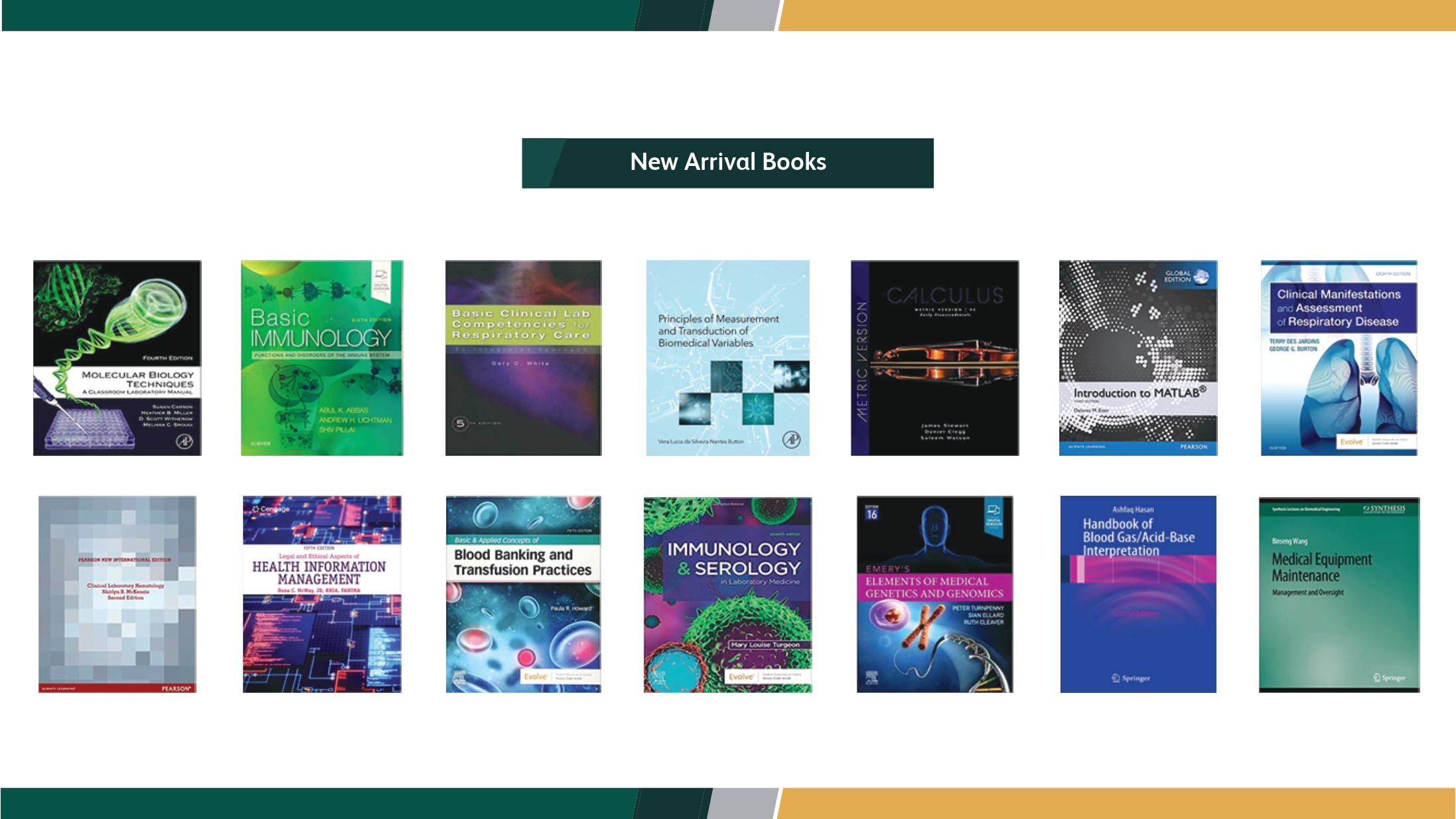
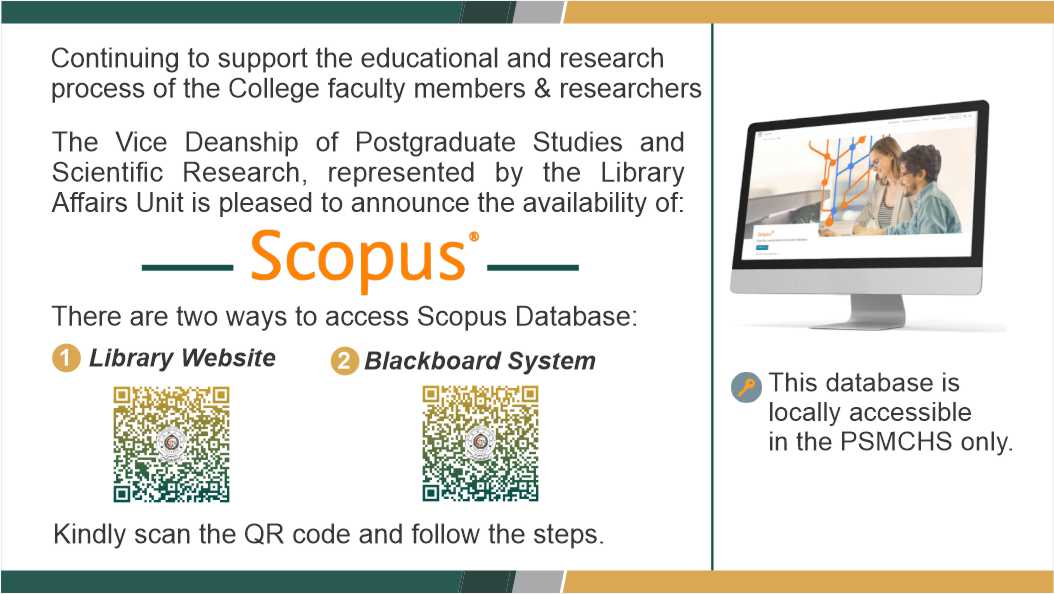



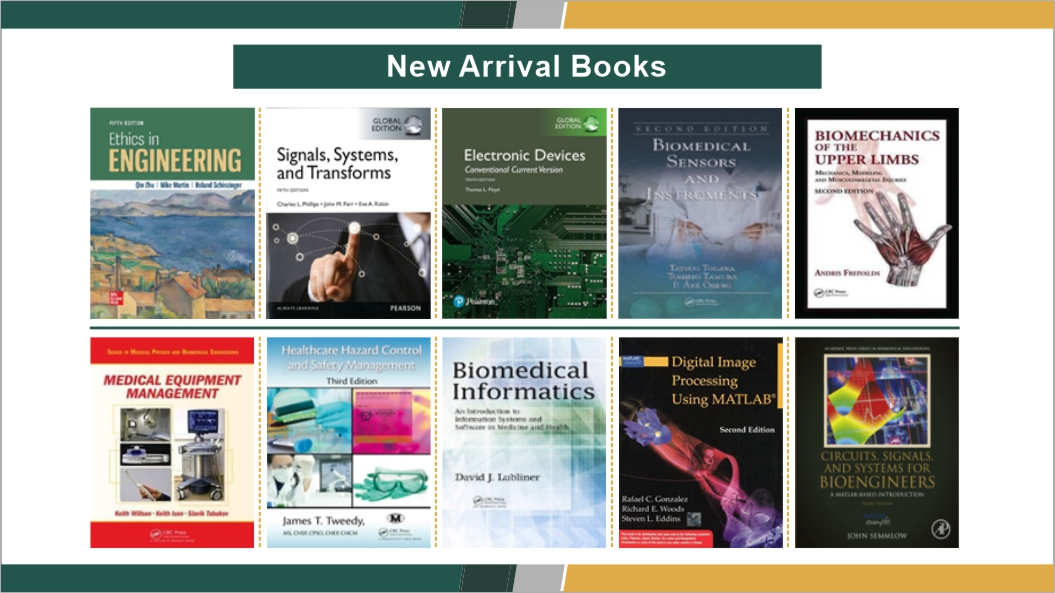





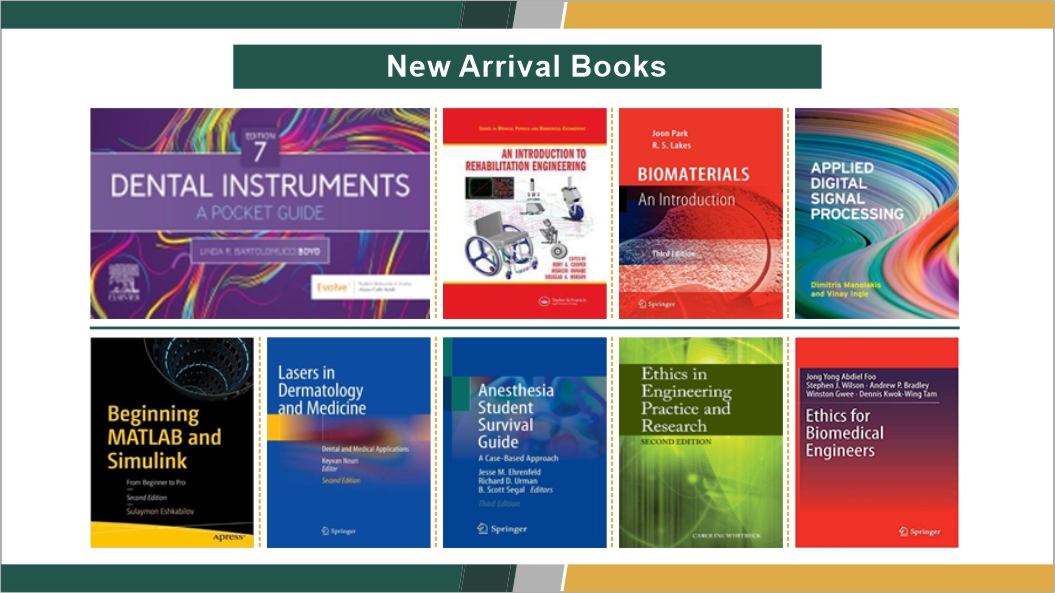
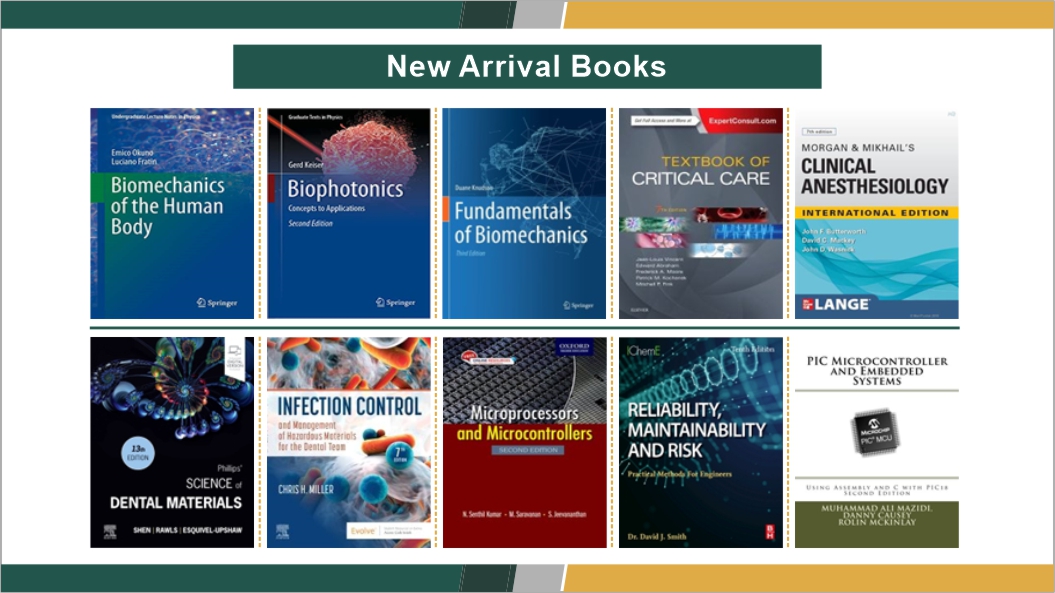
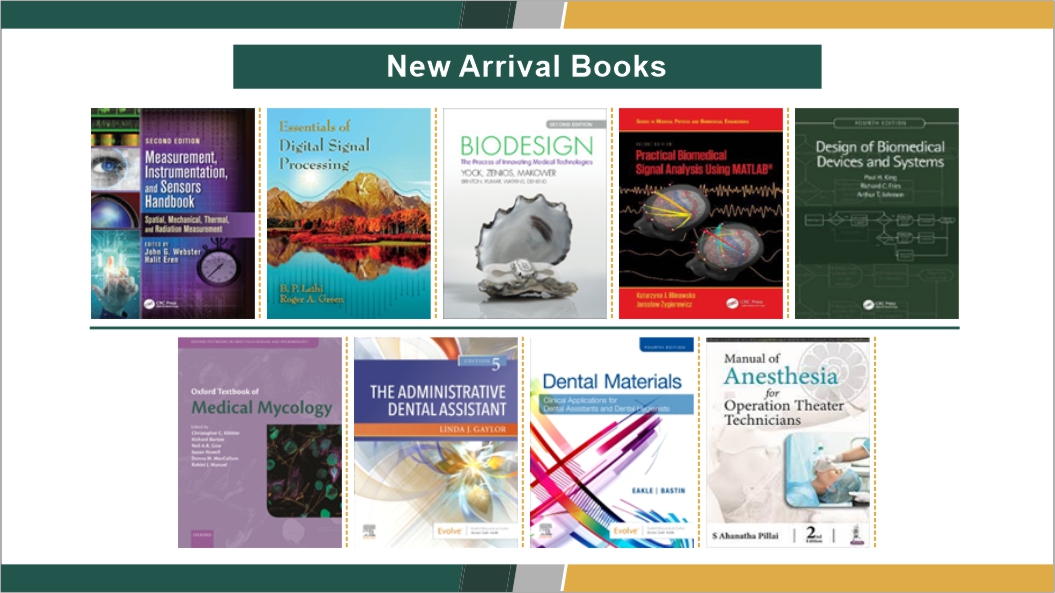

There are no comments on this title.